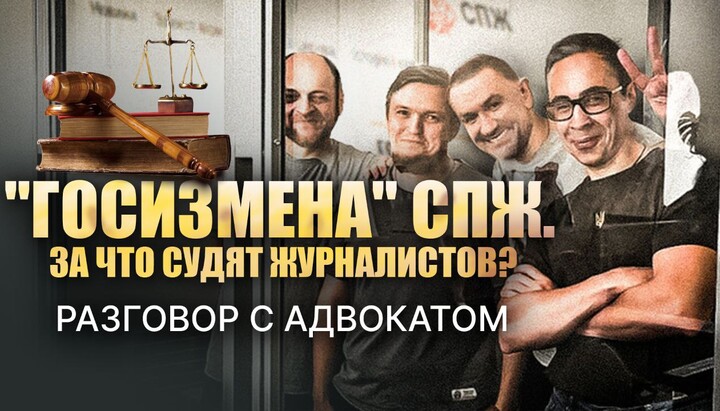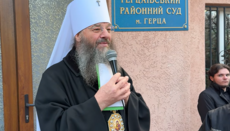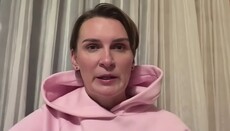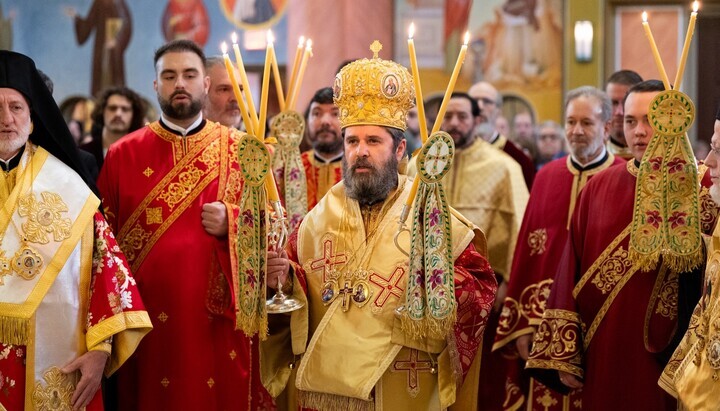Lawyer: “UOJ case” is political persecution

Lawyer Anton Fil believes that the accusations of treason against UOJ journalists are absurd and politically driven.
The accusations of treason in the "UOJ case" are unfounded, said Anton Fil, the lawyer representing journalist Valery Stupnitsky, in a comment posted on the UOJ YouTube channel.
"The article on treason exists in many European democracies. The criminal codes of Germany, the United Kingdom, and France also provide for liability for treason. But in our case, it is unclear what specific actions are being attributed to the accused by law enforcement. What exactly did they do, and why this qualification? Neither we, the lawyers, nor our clients understand what exactly they are accused of under Article 111, 'treason', and how this relates to freedom of speech. They are journalists, after all. They covered specific processes occurring in society," said Anton Fil.
He emphasized that, according to the law, treason is exclusively a conscious, deliberate action that cannot be committed accidentally.
According to him, Article 111 specifies that treason includes actions such as siding with the enemy during a military conflict, espionage, or providing representatives of an enemy state with assistance in carrying out subversive activities. None of this applies to UOJ journalists.
"When the indictment is read in court, the judge will ask the accused whether they understand the charges. The answer will probably be negative because we do not understand what crime they have committed," the lawyer noted.
Fil claims that UOJ journalists are being accused solely for their journalistic publications on the website.
"Based on the documents provided by the prosecution, my opinion is unequivocal – this was purely journalistic activity that covered events genuinely happening in Ukraine," Fil stated.
In his view, the way treason laws are applied in different countries reflects whether the government is democratic or authoritarian. An authoritarian government uses such laws to suppress opposition and repress journalists.
"These persecutions are revealed through the vagueness of the accusations. Look at what our clients, UOJ journalists, are accused of: covering events in the religious sphere in the media. Do journalists have the right to do this? Absolutely," said the lawyer.
He also commented on the prosecutor’s claims that UOJ journalists allegedly acted "as an organized group" (classified under a separate article, Article 255 of the Criminal Code, and considered an aggravating circumstance).
"Of course, it’s a group of people. Any organization or enterprise is a group of people, an organized group. The question is whether it is criminal. If it’s an editorial office, it cannot function outside a 'group of people'. Naturally, they discuss things, hold meetings, etc.," Fil explained.
In his opinion, there is no treason in the communication of journalists with society or in presenting an alternative point of view.
"There is no criminal offense. Nevertheless, this article is being applied. Here, we see the vagueness and ambiguity of the accusations. This is clearly a political case. This is clearly political persecution," Anton Fil concluded.
Background: the UOJ has registered a new legal entity in Europe and opened offices in two European countries.











